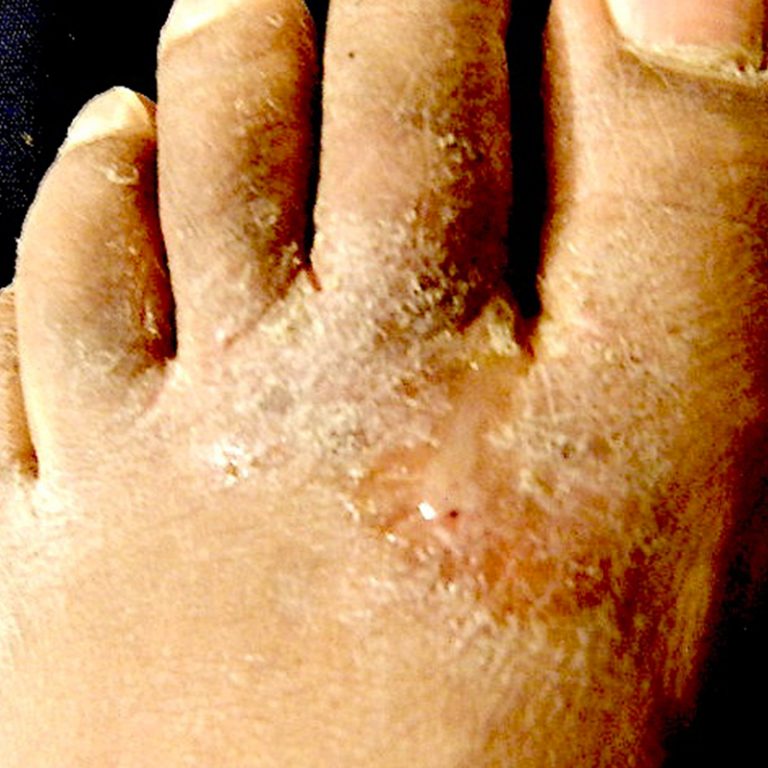
Symptoms of Arthritis | Arthritis treatment & Osteoarthritis treatment
Calcium Supplements – Raman Das Looks At Their Pros And Cons
Not for the first time, calcium supplementation is in the news. The article to which there is a link below outlines the results of a recent study relating to the possible dangers of excessive intake of calcium tablets for osteoporosis. To put this whole matter into perspective we must look beyond mere dietary intake. Ayurveda recognises the need for balance, in the same way that a gardener knows that fertilising a garden can support plant growth, but over fertilisation can kill plants. This all needs to be taken into consideration also when looking at osteoarthritis treatment and slowing the development of the symptoms of arthritis.
As we move into our 40s and beyond, our calcium levels tend to fall, causing concern to as the possibility of osteoporosis, particularly in females. It frequently comes as a surprise to people who have taken calcium tablets faithfully for years to be informed that they are in danger of osteoporosis. Quite understandably people think they are taking the right course of action to also prevent arthritis and osteoarthritis.
In fact, I know of an example of a person taking supplementary calcium for over ten years, whose recent X-ray, after a fall, surprised her family because of the osteoporotic state of her bones. It seemed to them that years of calcium supplements had produced little or no benefit. Of course, what seems to be rarely taken into account is that no amount of supplementation will have the desired effect in curing osteoporosis unless absorption is optimal. A number of factors contribute to a decrease in absorption. Ayurveda provides a holistic natural treatment approach for osteoporosis.
An important factor is that as we age, our production of digestive enzymes and stomach acid tends to decline, meaning that extraction of calcium from our foods is not as efficient. A further problem is that with advanced age, male and female hormone production declines, and some of these hormones are the very ones which facilitate calcium absorption into the bones.
With incomplete digestion there is also likely to follow a deficiency of other minerals which need to be present to work alongside calcium. For example, calcium is not effective in the absence of adequate magnesium. Finally, calcium transport is dependent on healthy circulatory and lymphatic systems. When the micro-channels are clogged with waste (‘ama‘) it is unlikely that the calcium will succeed in reaching its destination, but will instead circulate in the bloodstream. In such a situation taking high doses of calcium tablets could lead to the danger of vascular disease. So in trying to prevent osteoporosis and/or provide oneself with a form of arthritis treatment you could actually be putting your heart health at risk.
Ayurveda utilises calcium from many different sources. Some types which are used to improve enzyme function are made from sea shells. These may be taken with lime juice and honey and serve to increase the production of HCl. Other sources include pearl and cowrie shells. While some types are typically used for the large bones, others of a high quality are reserved for more specialised functions, such as the brain, the ear, the heart or the teeth. These are often combined with other elements, such as phosphorus for the brain or fluoride for the teeth.
Regardless of the source of calcium and its intended function, Ayurveda always requires optimisation of the digestive function before introducing any form of supplementation. If absorption is optimal it should in fact be possible to obtain adequate calcium purely from a healthy diet and in doing so reduce the chances of developing arthritis symptoms or osteoarthritis.



